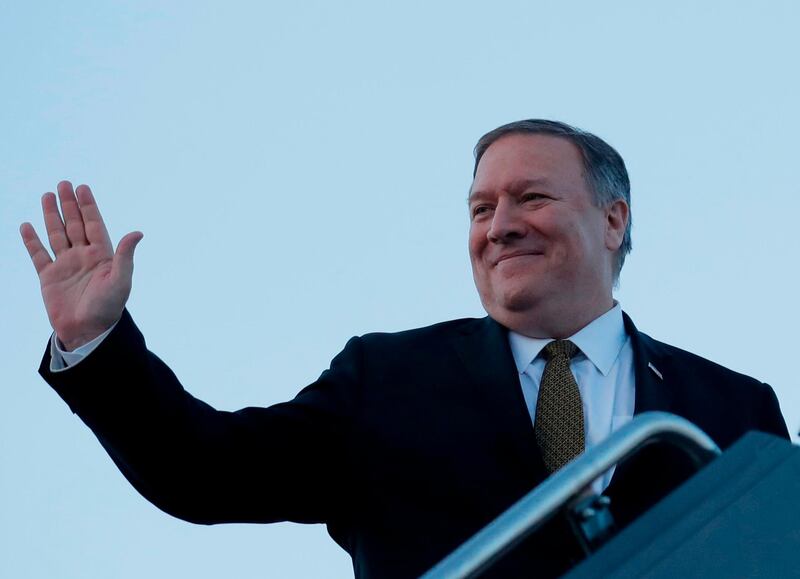Secretary of State Mike Pompeo sets out today on a four-day trip to the Middle East, visiting Kuwait, Lebanon and Israel. These engagements come as the US walks a tightrope, attempting to balance its backing of Israel with its financial support of Lebanon and its efforts to limit Iranian influence in the region. Although the hostilities of 2006 are long over, Israel and Lebanon are still technically at war and consider each other enemy states. A maritime dispute for offshore oil and gas exploration has also done much to revive old enmities. The US has, however, dedicated itself to solving this delicate issue, and back-channel mediation has recently led Israel's energy minister Yuval Steinitz to express "cautious optimism" for a possible solution.
As far as Lebanon itself is concerned, the trip will include meetings with President Michel Aoun, Prime Minister Saad Hariri, Speaker of the House Nabih Berri and leader of the Free Patriotic Movement Gebran Bassil. Washington plans to continue its annual payments to the Lebanese armed forces, giving an estimated $70 million to bolster their position "as the legitimate defenders of the state", as opposed to the Iranian proxy Hezbollah, according to a senior US official. But, with Hezbollah deeply embedded in the nation's government – in which it holds three key portfolios, including the health ministry – it will be harder than ever to prevent funds being diverted to the party's military adventures.
As Iran comes under increasing pressure from international sanctions, this concern is particularly pressing. With that in mind, it is likely that the Lebanese government will receive stern warning that sanctions will be applied if there is any evidence of Hezbollah siphoning cash from legitimate institutions. It is clear that a great deal is at stake during this short trip and that, while sanctions are working against Iran, much still needs to be done to create a functional political environment in Lebanon. Mr Pompeo will be right to insist that US aid contribute to the security of the Lebanese people, not undermine it.
His visit also precedes the Israeli elections by only a few weeks. Opposition parties have noted that his presence will give the incumbent prime minister Benjamin Netanyahu's credibility a significant boost among voters. In his bid to scoop up right-wing support, Mr Netanyahu has deployed inflammatory rhetoric against Palestinians during his campaign and taken military action against Gaza last week. These strategies can only be to the detriment of both Palestinians and Israelis. With no meeting planned with Palestinians during his time in Israel, there is little chance that Mr Pompeo's visit will help to bring about any such stability there.





